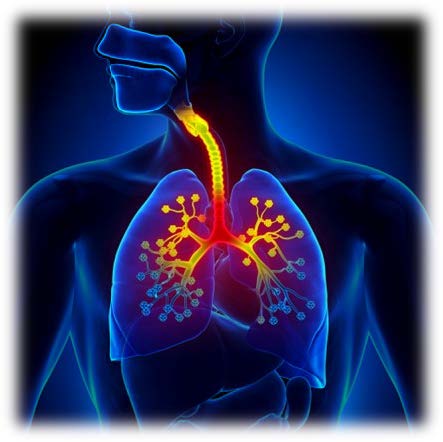You Should Know these about UR
Home / Newsletter /
You Should Know these about URI
By: Dr. Ali Omar Yassen, MSc, 2011 Anyone who has ever had a cold knows about Acute Upper Respiratory Infections (URI)s. An acute URI is a contagious infection of your upper respiratory tract. Your upper respiratory tract includes the nose, throat, pharynx, larynx, and bronchi. Rhinitis, known as the common cold, is the most well-known URI. On the other hand, influenza isn’t a URI because it’s a systemic infection affecting your whole body. URIs are among the most common viral illnesses and usually affect the nose and throat. They last up to 3 weeks and don’t typically require medical treatment. URIs affect mil-lions of people each year. They’re usually caused by viruses but can also be caused by bacteria. Most people recover from URIs within a few weeks, but some can develop complications that require medical treatment. Bacteria may cause 15% of the cases of pharyngitis. Who is at risk for acute URI? • When someone who is sick sneezes or coughs without covering their nose and mouth, droplets containing the viruses are sprayed into the air. • When people are in a closed-in area or crowded conditions, such as in hospitals, institutions, schools, etc. • If you have a medical condition, such as asthma or allergic rhinitis. • If you have a weakened immune system. • Those who smoke. • Those who use corticosteroids, such as prednisone. Symptoms of acute URI: • Cough • Runny nose • Sore throat • Nasal congestion • Headache • Fever • Facial pressure • Sneezing • Fatigue Symptoms often begin within 3 days of exposure. They common-ly last between 7 and 10 days. However, sometimes symptoms may persist for up to 3 weeks. Treatment of acute URI: URIs are mostly treated for the relief of symptoms. However, some people benefit from using cough suppressants, expectorants, vitamin C, and zinc to reduce symptoms or shorten symptom duration. In some cases, other treatments may also be recommended: • Nasal decongestants can help reduce symptoms such as cough and congestion. They may also be combined with antihistamines to help with symptom relief. • Steam inhalation and gargling with salt water are safe ways to relieve URI symptoms. • Analgesics such as acetamino-phen (Tylenol) and nonsteroi-dal anti-inflammatory drugs (NSAIDs) can help reduce fever, aches, and pains. In medicine and pharmaceutical science, it is strongly recommend that when you have an upper res-piratory infection, especially in winter to summer, do not use an-tibiotics as they will not cure and even worsen the condition. In addition, using anti-bacterial without a health care professional increases the risk of antibiotic resistance. How can acute URIs be prevent-ed? • The best protection against URIs is frequent handwash-ing with soap and water. Washing your hands reduces exposure to secretions that can spread infection. • Avoiding being in close con-tact with people who are sicks • Wiping down objects such as remote controls, phones, and doorknobs that may be touched by people in the house who have a URI. • Covering your mouth and nose if you’re sick • Staying at home if you’re sick.

